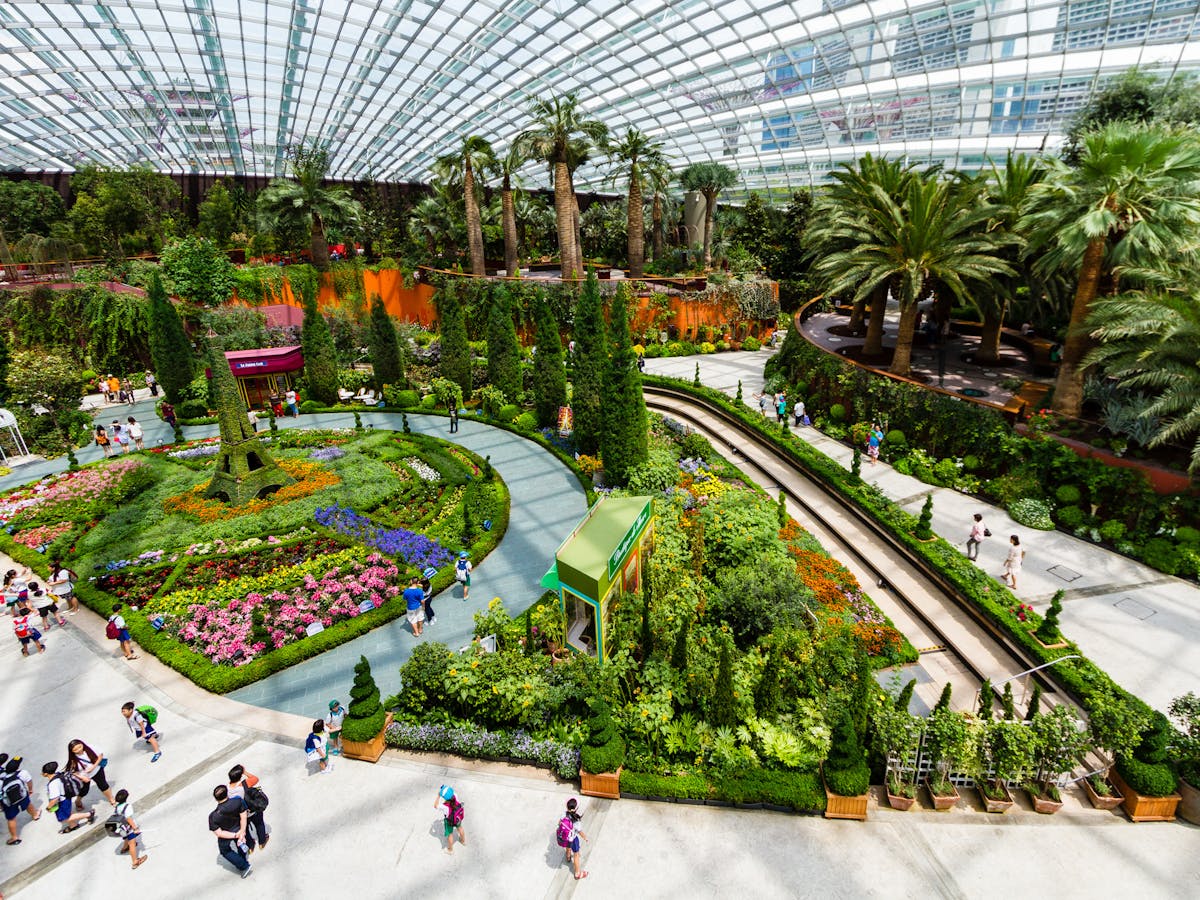The hospitality and tourism industries have been greatly affected by the COVID-19 pandemic. However, as vaccinations are rolled out and travel restrictions are lifted, the future of these industries looks promising. This article will explore the future of hospitality and tourism, including emerging trends, technological advancements, and the changing expectations of travelers.
The hospitality and tourism industries have been hit hard by the COVID-19 pandemic. With travel restrictions, border closures, and social distancing measures in place, many businesses have had to shut down or reduce their operations.
However, with vaccinations being rolled out and travel restrictions being lifted, the future of these industries looks promising. In this article, we will explore the emerging trends, technological advancements, and changing expectations of travelers that are shaping the future of hospitality and tourism.
Sustainable Tourism

As travelers become more environmentally conscious, sustainable tourism is becoming an increasingly popular trend. This involves promoting tourism that is sustainable for the environment, local communities, and economies.
Many hotels are now implementing sustainable practices such as using eco-friendly products and reducing energy consumption. In addition, there is a growing demand for eco-tourism, which involves traveling to natural areas while minimizing impact on the environment.
Personalization
Personalization is another trend that is becoming increasingly important in the hospitality industry. With the use of technology, hotels can now tailor their services to the specific needs of each guest. For example, hotels can offer personalized recommendations for restaurants, attractions, and activities based on the guest’s interests and preferences. This can enhance the guest experience and improve customer satisfaction.
Contactless Technology
The COVID-19 pandemic has accelerated the adoption of contactless technology in the hospitality industry. Many hotels now offer contactless check-in and check-out processes, as well as mobile payments and digital room keys. These technologies not only reduce the risk of transmission of the virus but also improve efficiency and convenience for guests.
Health and Safety Measures
The pandemic has also led to an increased focus on health and safety measures in the hospitality industry. Hotels are implementing enhanced cleaning protocols, providing personal protective equipment, and enforcing social distancing measures. These measures not only improve guest safety but also increase guest confidence in the hotel’s ability to provide a safe and secure environment.
Virtual and Augmented Reality
Virtual and augmented reality technologies are also becoming more prevalent in the hospitality industry. Hotels can use these technologies to provide virtual tours of their properties, allowing guests to explore rooms and amenities before booking. In addition, virtual and augmented reality can be used to enhance the guest experience, for example, by providing interactive entertainment or educational experiences.
Artificial Intelligence
Artificial intelligence is another technology that is transforming the hospitality industry. Hotels can use AI-powered chatbots to provide instant customer service and support, reducing the need for human staff. In addition, AI can be used to analyze guest data and provide personalized recommendations for future stays.
Local Experiences
Travelers are increasingly looking for local experiences that allow them to connect with the local culture and community. Hotels can offer these experiences by partnering with local businesses and organizations, such as restaurants, museums, and art galleries. This not only enhances the guest experience but also benefits the local economy.
Multi-Generational Travel
Multi-generational travel is a growing trend in the hospitality industry, as families are looking for opportunities to travel and spend time together. Hotels can cater to this trend by offering family-friendly amenities and activities, such as kid’s clubs, pools, and family suites. In addition, hotels can provide activities and experiences that appeal to different age groups, ensuring that everyone in the family has a memorable and enjoyable experience.
Remote Work
The pandemic has also led to an increase in remote work, which has created opportunities for the hospitality industry. Hotels can offer remote work packages that allow guests to work from the hotel while enjoying a change of scenery.
These packages can include high-speed internet, comfortable workspaces, and access to meeting rooms. In addition, hotels can offer extended stay packages that cater to remote workers who are looking for a temporary home away from home.
Artificial Environments

Artificial environments, such as indoor rainforests and aquariums, are becoming increasingly popular in the hospitality industry. These environments not only provide a unique and memorable experience for guests but also have therapeutic benefits, such as reducing stress and promoting relaxation.
Conclusion
The future of hospitality and tourism looks promising, with emerging trends and technological advancements shaping the industry. Sustainable tourism, personalization, contactless technology, health and safety measures, virtual and augmented reality, artificial intelligence, local experiences, multi-generational travel, remote work, and artificial environments are all trends that are transforming the industry.
As the world recovers from the pandemic and travel restrictions are lifted, hotels and other businesses in the hospitality and tourism industries have the opportunity to adapt to these trends and provide memorable and enjoyable experiences for their guests. By embracing these trends and technologies, the industry can continue to thrive and provide valuable contributions to the global economy.


























